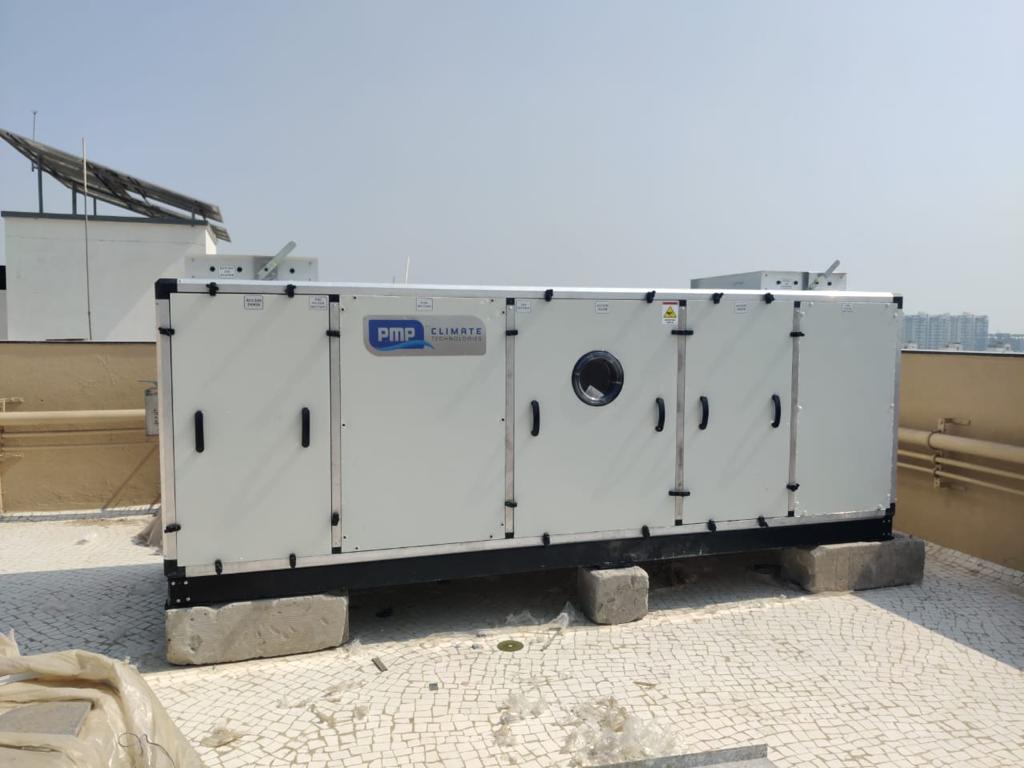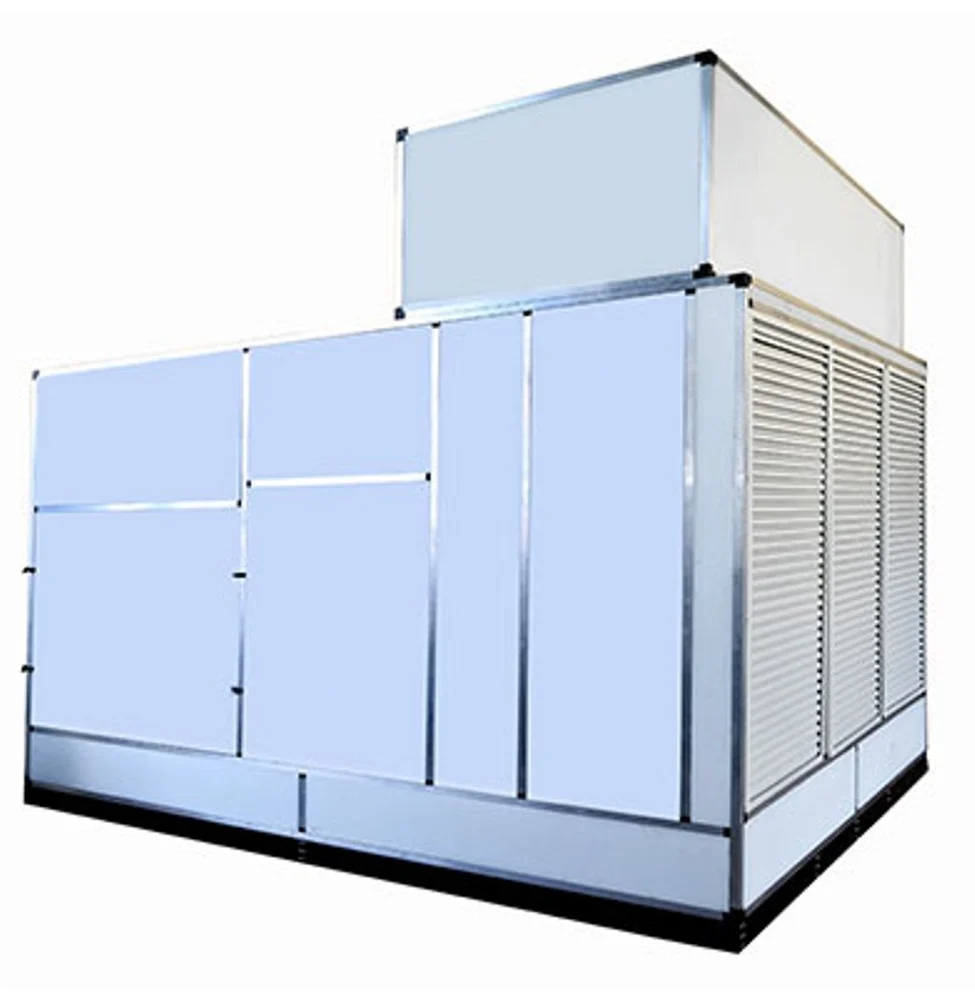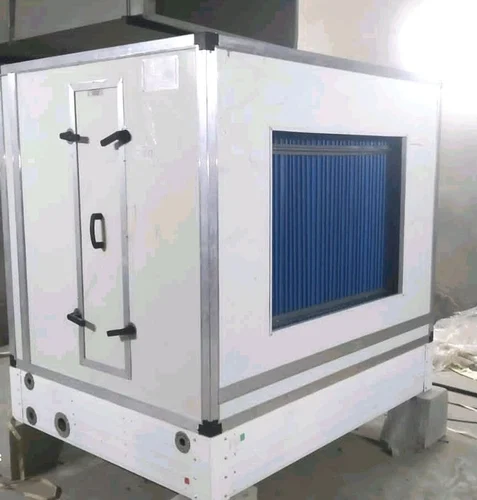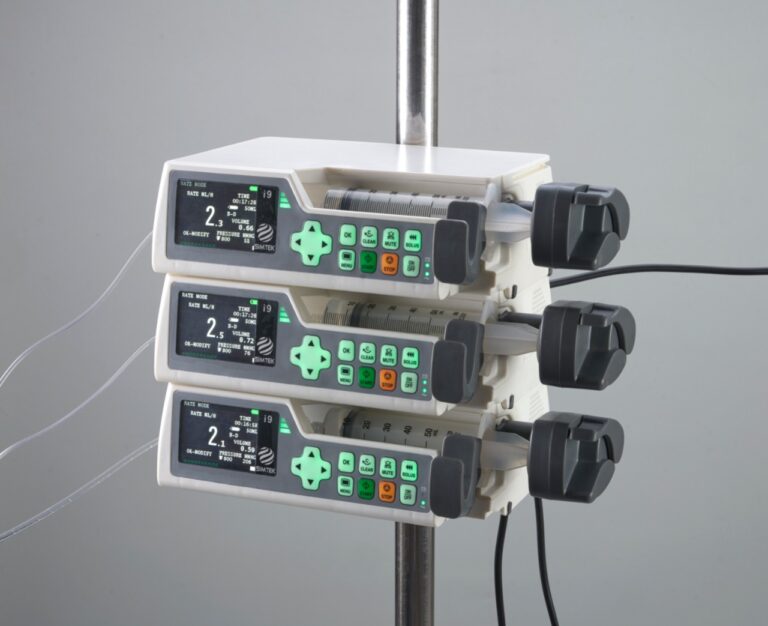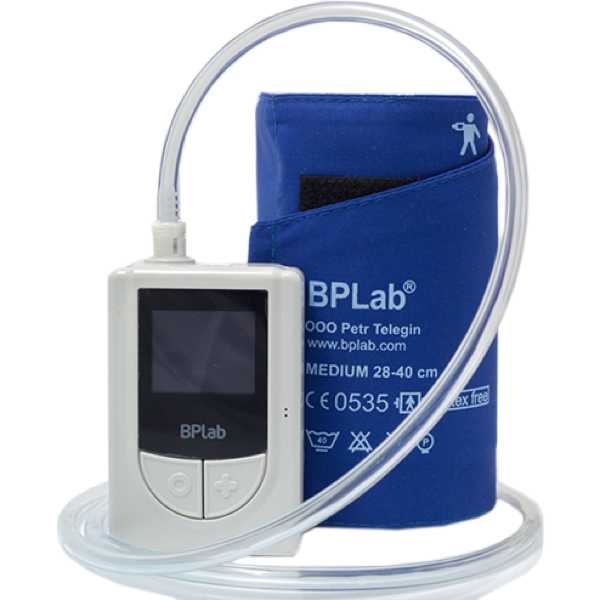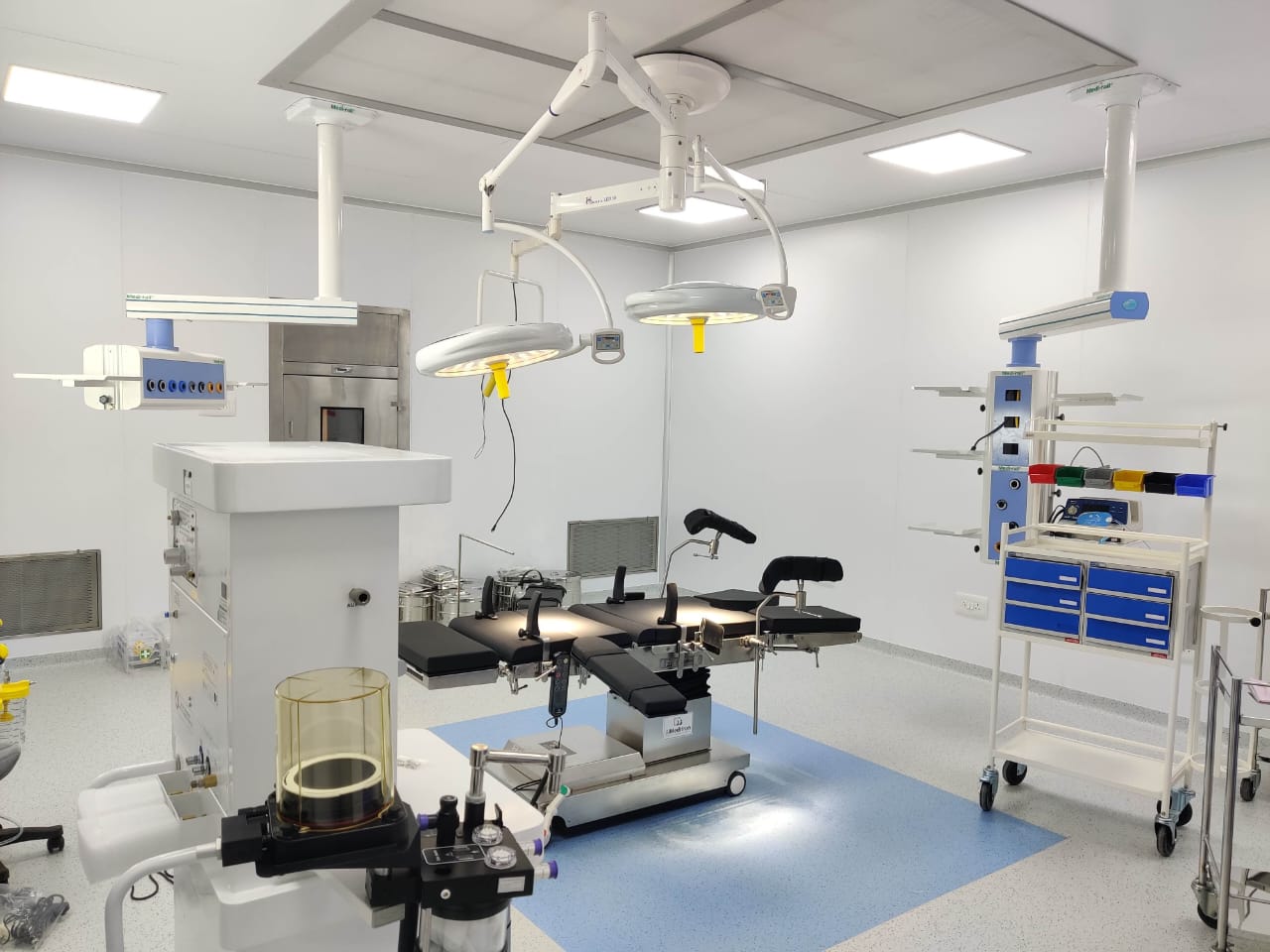Description
-Air Washer Unit
- Range:-2,000 CMF TO 1,00,000 CMF
- Blower Types: Backward / Forward blowers
- Bearings:- Self Aligning, Pillow Block Type
- Filters:- Synthetic, Washable
- Panels: GI/SS/FRP Long Life Body
- Single Skin:- 18 SWG, Powder Coated
- Double Skin :- 24 SWG, Skins with Sandwiched Insulation
-Air Handling Units
As part of a heating, ventilation, and air conditioning system, an air handling unit, also known as an air handler, is a piece of equipment that is used to condition and circulate air. A blower, heating and cooling elements, filter chambers, sound attenuators, and dampers are commonly found in this big metal box.
There are many different types of cabinets with a range of airflow patterns and permissible uses, and such hoods are available in both horizontal and vertical designs. For these cabinets, NSF49 is the widely acknowledged regulatory standard.
-Two stage evaporative cooling System
A two-stage evaporative cooling system can deliver cool indoor air with a relative humidity in the 50 %-65% range, while direct evaporative cooling systems typically condition the air at around 70% relative humidity.
According to the American Society of Heating and Engineers (ASHRAE), advanced two-stage evaporative coolers can use 60% -75% less electricity than conventional refrigerant-based AC systems.
-Scrubber Unit
Dry Scrubbing is one of the latest technologies which has been developed and is used in effective waste removals. It can be used to remove sulfur dioxide, hydrochloric acid, etc. from the environment.
- Wet scrubber
- Dry Scrubber

